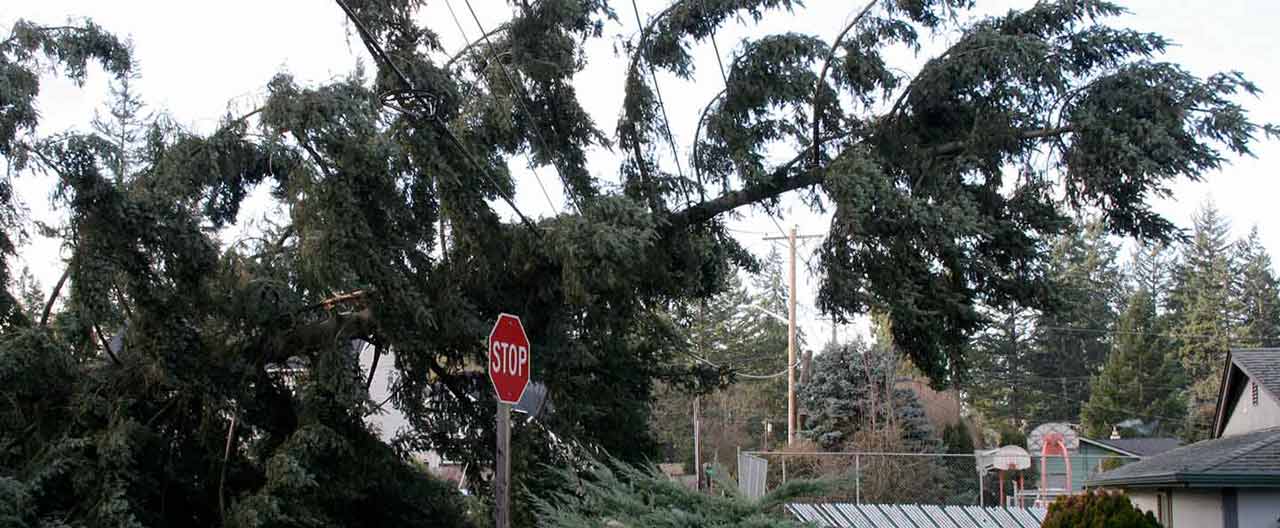- Individuals & Families
- Businesses
- Agents & Brokers
- Embedded Insurance

Chubb ranked #1 for Customer Satisfaction with the Home Insurance Claims Experience

Chubb ranked #1 for Customer Satisfaction with the Home Insurance Claims Experience

Chubb ranked #1 for Customer Satisfaction with the Home Insurance Claims Experience

Chubb ranked #1 for Customer Satisfaction with the Home Insurance Claims Experience

Because pets are family, Chubb now offers pet insurance with top-rated coverage from Healthy Paws.

Chubb offers the insurance protection you need for travel’s many “what ifs”.

Chubb protects small businesses at every stage – from newly formed start-ups to long-time anchors of the community.

Stay ahead of cyber threats with our free Cyber Claims Landscape Report.

Learn more about our dedicated learning paths, Online Learning Center, and more.

Many digital-savvy consumers look for it as a core or add-on option.

Many digital-savvy consumers look for it as a core or add-on option.

Many digital-savvy consumers look for it as a core or add-on option.

Chubb’s in-house technology makes it easy to integrate what we do into your customer experience.
-
About
-
Claims
-
Login & Pay Bill
For Agents & BrokersFor Travel Advisors
-
Back
If you live in an area that is prone to high winds, hurricanes, or tropical storms, you know that those types of events can be devastating but some of the risks can be mitigated if you take proactive steps to protect your home. Below are a few things you can do to help minimize wind and water damage from hurricanes and other storm.
Install metal connectors from the top down
Talk to your contractor about installing metal connectors that tie your home’s roof to wall and walls through the flooring to your home’s foundation. For example, the exterior and roof framing should be constructed with structural panels securely fastened by code-approved hurricane straps and other metal connectors. Properly anchor porches, decks, and other attached structures, as strong winds can lift them away leaving an opening in your home. Use impact and wind-rated materials for roof coverings, exterior siding, doors, windows and skylights. By combining these features, you can make a strong continuous load path for your home to help it resist uplift and damaging wind forces.
Protect the “envelope” of your home.
The outside or envelope of your home includes siding, roofing, window and doors. Without adequate protection, wind and debris can penetrate those openings, causing pressure within the house to lift up the house or roof and cause structural damage or failure.
- Install structural panels on the exterior and roof framing and storm shutters, impact-resistant glass, or other protective measures on all openings.
- Don’t forget garage doors, as they can be vulnerable to high winds and, if punctured or destroyed, can allow pressure to build within the house, causing further extensive damage. Retrofit kits and storm bars are available for garage doors.
- While plywood coverings for openings can be better than no protection at all, they should be used as a last resort as they may not provide adequate protection and may not meet building codes in areas where shutters are required.
Talk to local dealers and installers of storm shutters and impact-resistant windows and doors about the most appropriate options for your home.
Make sure the materials you use are rated or approved
For the best protection from high winds or wind-driven rain, look for applicable ratings and standards on the materials you use, including some of the following:
- Miami-Dade County Product Control Approved
- Florida Building Code - State of Florida Approved
- Wind Rating - 130 mph, ASTM D3161 (Class F) or ASTM D7158 (Class G or H)
- Class A Fire Resistance
- For windows, exterior doors and skylight openings - ASTM E1996 and E1886
Take additional steps to prevent damage
If you live in a high-risk flood area, you may want to consider these tips as well:
- Ensure your home, HVAC and mechanical systems are properly elevated above your Base Flood Elevation (BFE), with electrical components at least 12 inches above BFE.
- Install foundation vents to allow water to flow through the foundation and decrease pressure on basement and crawl space walls.
- Install sump pumps and ensure a backup power supply is in place in the event of a power outage.
- Use backwater valves to prevent water or sewer backup into the home.
Insights and expertise
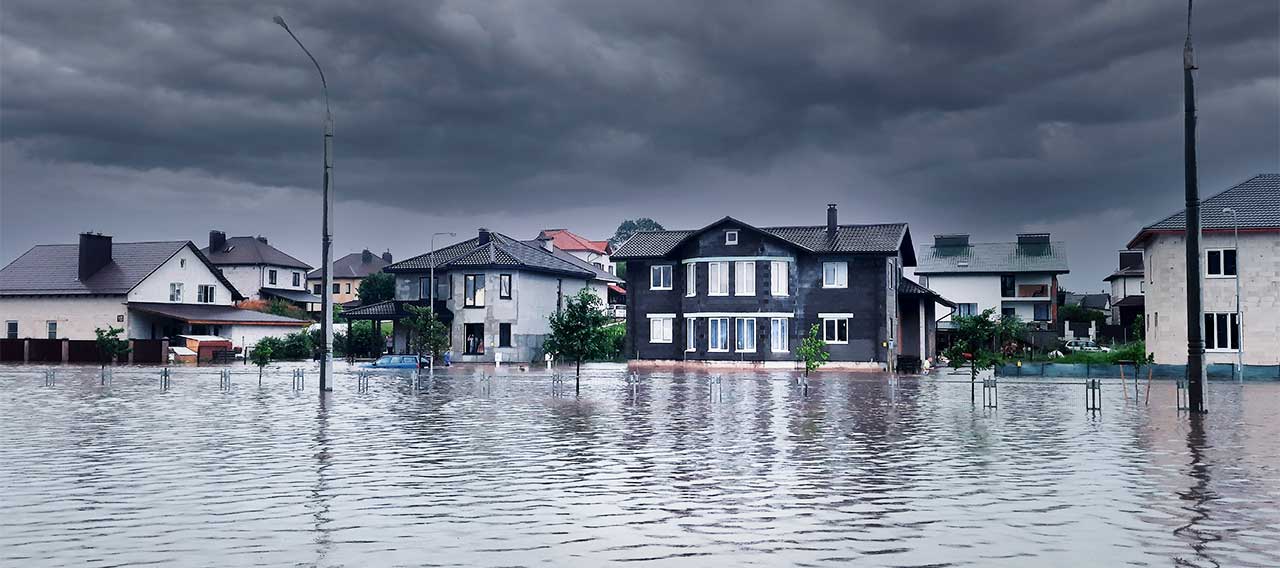

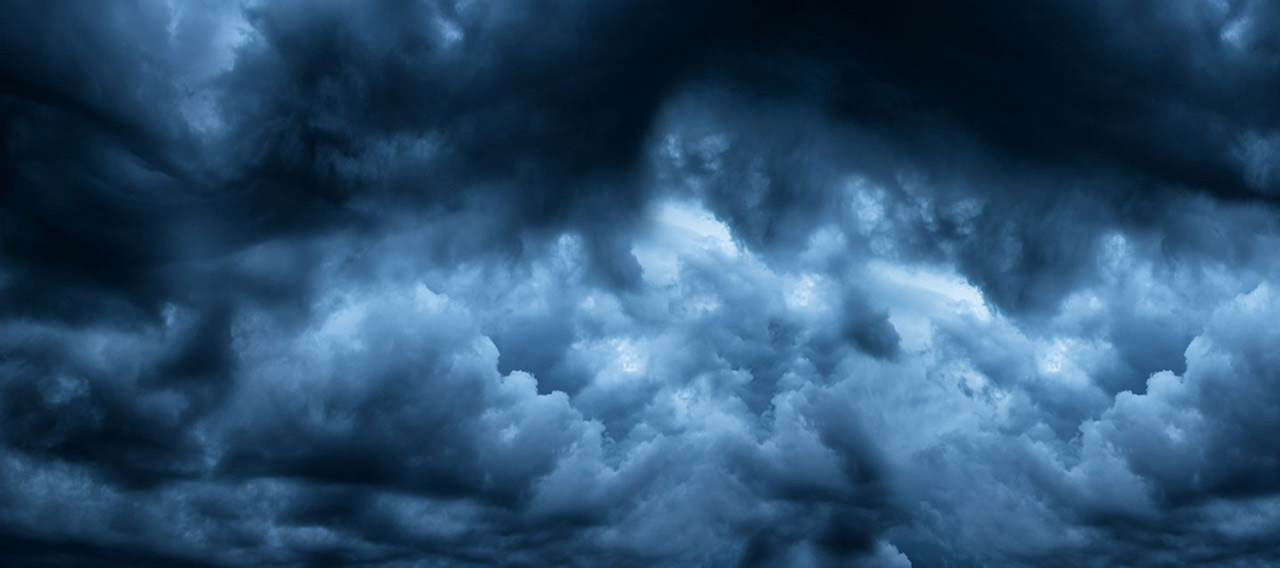


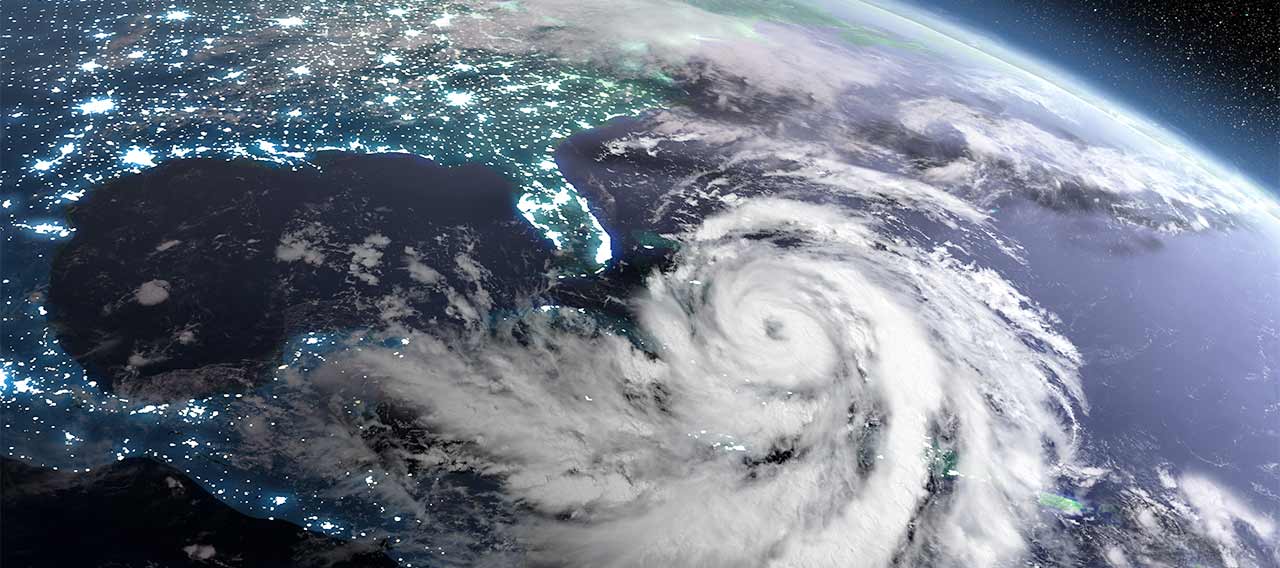
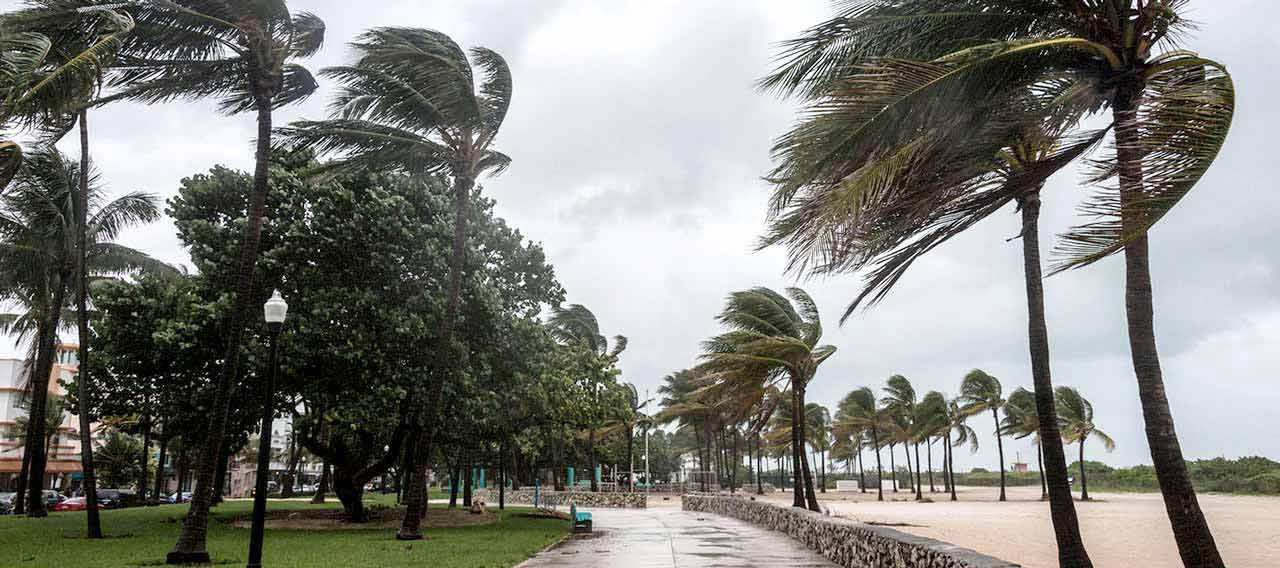
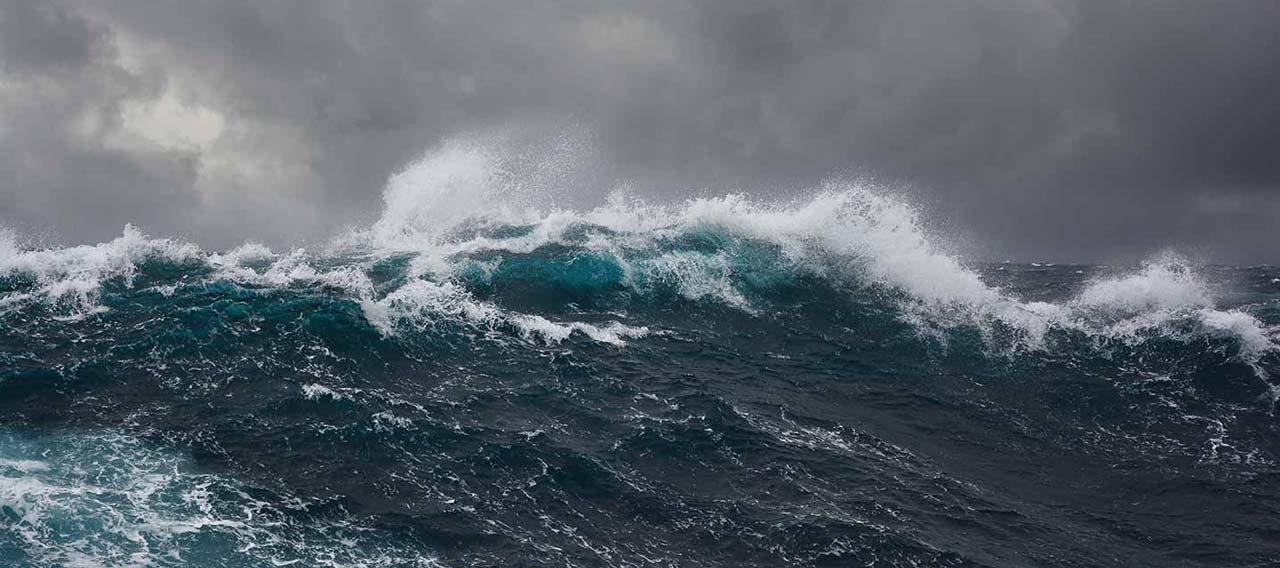
Get a personal insurance quote
Work with an independent agent to get personalized insurance solutions.
This document is advisory in nature and is offered as a resource to be used together with your professional insurance advisors in maintaining a loss prevention program. It is an overview only, and is not intended as a substitute for consultation with your insurance broker, or for legal, engineering or other professional advice.
Chubb is the marketing name used to refer to subsidiaries of Chubb Limited providing insurance and related services. For a list of these subsidiaries, please visit our website at www.chubb.com. Insurance provided by ACE American Insurance Company and its U.S. based Chubb underwriting company affiliates. All products may not be available in all states. This communication contains product summaries only. Coverage is subject to the language of the policies as actually issued. Surplus lines insurance sold only through licensed surplus lines producers. Chubb, 202 Hall's Mill Road, Whitehouse Station, NJ 08889-1600.


